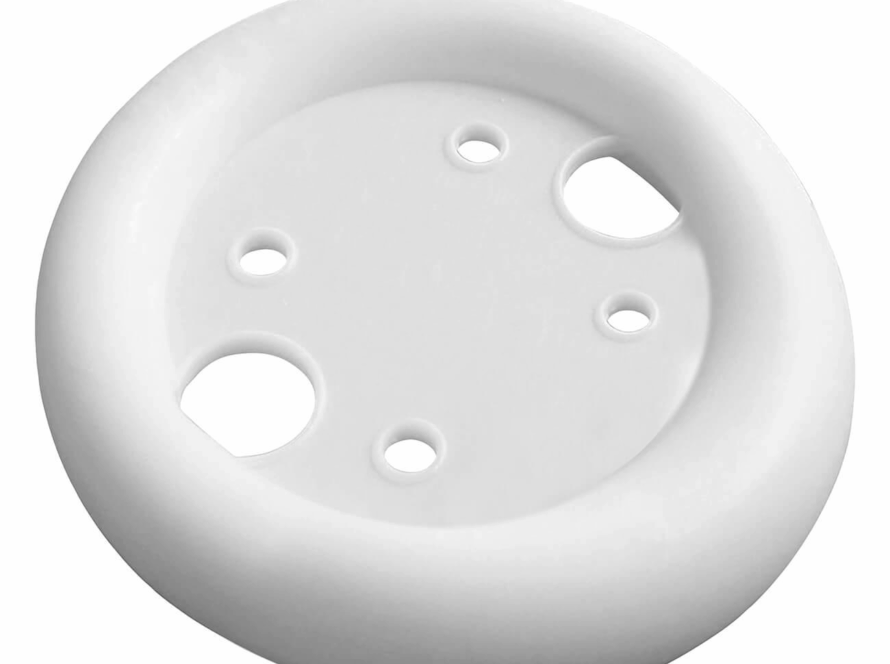As women transition through perimenopause, menopause and post-menopause, the body undergoes a range of hormonal and physical changes, many of which can affect the pelvic floor. These changes are natural, but they don’t have to mean living with discomfort, bladder leakage or pelvic heaviness. A pelvic floor physiotherapist can play a crucial role in helping women navigate this stage with confidence and control.
What Happens During Perimenopause, Menopause & Post-Menopause?
Perimenopause is the stage leading up to menopause when oestrogen and progesterone levels begin to fluctuate.
Menopause is officially reached the day when a woman has gone 12 months without a menstrual period.
Post-menopause The time after 12 months without a period.
These hormonal shifts are a normal part of maturing, but oestrogen in particular plays a big role in maintaining the strength and elasticity of pelvic tissues. When levels drop, the muscles and connective tissues of the pelvic floor can weaken, leading to symptoms that impact bladder, bowel and sexual health.
How Does This Affect the Pelvic Floor?
The pelvic floor is a group of muscles and connective tissue that supports the bladder, uterus, and bowel. With declining oestrogen, the following changes are common:
● Pelvic Floor Weakness: Loss of muscle bulk and tone can lead to reduced support for pelvic organs.
● Bladder and Bowel Changes: Women may experience stress urinary incontinence (leakage with coughing, sneezing or exercise), urgency, frequency or even incomplete emptying.
● Vaginal Dryness and Discomfort: Thinning of vaginal tissues (known as genitourinary syndrome of menopause) can cause discomfort during intimacy and increase the risk of urinary tract infections.
● Pelvic Organ Prolapse: Weakened connective tissues may cause the bladder, uterus or rectum to descend into the vaginal wall, causing sensations of heaviness or dragging.
How Can a Pelvic Floor Physiotherapist Help?
Pelvic floor physiotherapy offers evidence-based, conservative management tailored to your symptoms and goals. Here’s how:
1. Comprehensive Assessment
Your physiotherapist will take a detailed history and perform a gentle assessment to understand how your pelvic floor muscles are functioning. This may include checking pelvic floor strength, endurance and coordination with an internal examination.
2. Individualised Exercise Program
Targeted pelvic floor muscle training helps restore strength, endurance and coordination. Your physio will teach you how to correctly contract and relax these muscles.
3. Bladder and Bowel Retraining
Guidance on bladder habits, fluid intake and toileting positions can make a big difference to urgency, leakage symptoms and constipation.
4. Vaginal Tissue Health & Education
Education on lubricants, moisturisers and when to discuss topical oestrogen options with your GP can improve comfort and tissue integrity.
5. Support for Sexual Health
Many women notice changes in libido or discomfort with intimacy. Pelvic floor physiotherapy can help with painful sex, dryness and low arousal through personalised treatment plans.
When Should You Seek Help?
It’s never too early or too late to care for your pelvic floor. Whether you’re just starting to notice symptoms or you’ve been managing them for years, a pelvic floor physiotherapist can provide strategies to help you regain confidence and control.
You might benefit from an assessment if you experience:
● Bladder leakage
● Urgency or frequency
● Pelvic heaviness or dragging sensation
● Pain with intercourse
● Recurrent urinary tract infections
● Constipation or bowel leakage
The Takeaway
Perimenopause, Menopause and post menopause marks a new chapter in life and with the right support, it can be a strong and empowering one. Pelvic floor physiotherapy offers practical, personalised solutions to improve bladder control, comfort and quality of life at every stage.
If you’re experiencing any of the symptoms mentioned above, consider booking a pelvic floor assessment.
By Stephanie Kyrgias




